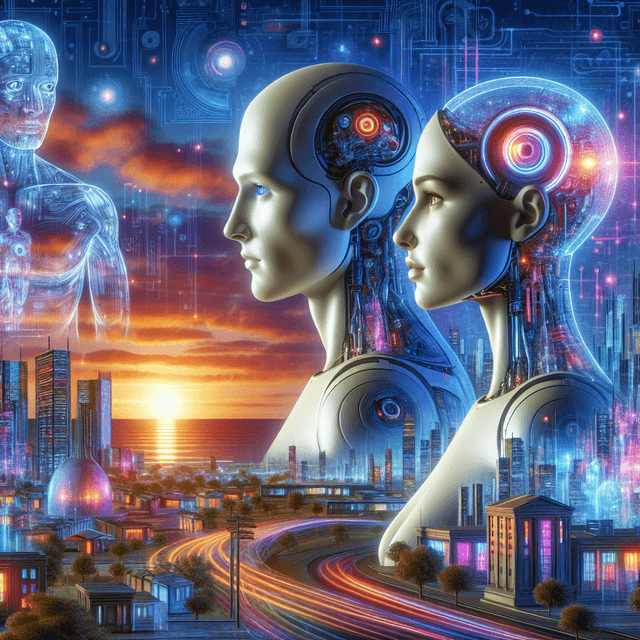

Unlocking the Future: Mastering AI Breakthroughs for Tomorrow’s Innovations
Share this blog on social media:




# Unlocking the Future: Mastering AI Breakthroughs for Tomorrow’s Innovations
As we advance into 2025, the landscape of artificial intelligence (AI) is undergoing revolutionary changes that promise to reshape our daily lives and industries. From healthcare to finance, innovative breakthroughs are leading the charge, enabling self-learning AI models that adapt in real-time. These advancements are not just technological marvels; they are pivotal in driving productivity and economic growth, with projections indicating an astonishing $15 trillion boost to the global economy.
## Innovative Breakthroughs Shaping Industries
One of the most significant developments is the emergence of self-learning AI models. Capable of real-time adaptation and decision-making, these models are revolutionizing sectors like healthcare, where they can predict patient outcomes or streamline operations, and finance, where they optimize trading strategies and risk assessments. This level of sophistication allows businesses to harness the full potential of AI, unlocking new opportunities and efficiencies.
Moreover, the rise of predictive analytics powered by AI is transforming supply chain management. Companies are now able to optimize their inventory and reduce costs through accurate demand forecasting, ensuring that resources are allocated efficiently. This trend underscores the growing importance of AI in not just enhancing operational efficiency but also in crafting a customer experience that is more personalized and responsive.
## The Ethical AI Movement
While the innovations are exciting, they bring forth significant ethical considerations that cannot be overlooked. There is a notable shift towards establishing frameworks for ethical AI, focusing on transparency, accountability, and bias mitigation. As businesses increasingly adopt AI-driven solutions—projected to reach 70% by 2030—there will be a collective responsibility to ensure that these powerful tools are used responsibly and ethically.
## Challenges in AI Adoption
Despite the promising outlook, organizations face hurdles that could impede the widespread adoption of AI technologies. Data privacy concerns remain at the forefront, alongside the high costs associated with implementing sophisticated AI systems. These challenges require strategic planning and investment to overcome, ensuring that the benefits of AI are realized across all sectors.


